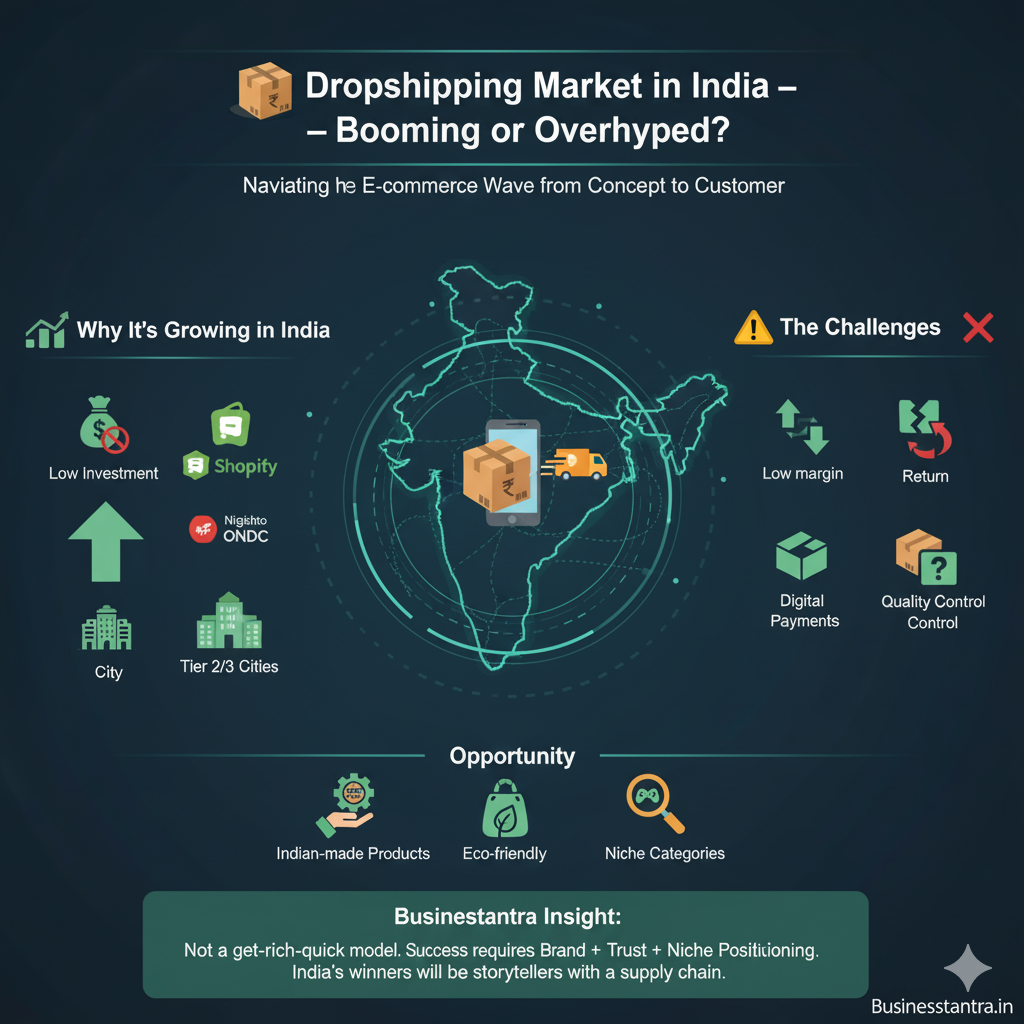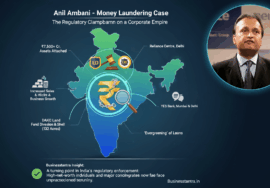Startups and funding
[ad_1]
Have you ever thought of creating your startup? If you have a new concept and know that it can go a long way, venturing into a startup might be the solution. However, you will need to have done thorough research, made a business model, and checked the market value. Many startups end up getting capital from external funding. The major stakeholders then invest in the startups in exchange for equity, share percentage, or partial ownership. It is on the startup owners to decide whether they want such cooperation or not.
If in agreement, they go into different funding rounds. These include Pre-Seed, Seed, Series A, Series B, Series C, Series D, and Series E. Many flourishing startups tend to apply for seed funding or angel investor funding before they stabilize. It is also not that easy to get external funding, but with the right proposal, proposed projects, and vision, it becomes easier. In as much as investors provide funding, they still aim to get long-term benefits based on your agreements. The first stage is the pre-seed funding, it is the period in which the founders try to stabilize the company with the capital and resources they have at hand.
They first seek support from family and friends, plus their savings. Due to scarcity, they can’t do much at this stage. It also depends on the overall outlook the founders want. No big investors have joined in yet. It is then followed by seed funding. This is the first official equity funding stage. It represents the first money that the startup gets. In the pre-seed, it is the founder’s capital with the help of family and friends.
However, seed funding involves external stakeholders. This capital helps the company make its first stable steps. This allows founders to do market research and development of the product or services. Some potential investors may include the founders, family, friends, venture capital companies, and incubators. With seed funding, a company has assisted in determining the final products and target location. Seed funding is used to employ a founding team to complete these tasks. However, it may seem not enough, therefore, they can proceed on to the next round of Series A funding.
Series A funding helps further expand the startup and product distribution. They may have started with a few products and may want to expand further. Once in this stage, it will be important to develop a business model that generates long-term profit. Investors are not just investing in an idea, but a progressive company. Also, some startups may use equity crowdfunding to generate capital in the Series A round.
A startup then proceeds on to Series B funding. By this time, the startup has already grown and is working towards having a larger market and increasing its range. Therefore, investors help the startups meet the rising demand for their products. When they started they may have been in a smaller target area, but with time, as demand rose, they needed more production which also led to the need for more raw materials. There will also be the need to build on sales, advertising, tech, support, and much more. In Series B, you find that the main investors are the ones from the previous rounds who are looking into helping the startup to grow and make more profit.
When a startup reaches Series C, they are already successful and have gone through various large milestones. However, they are still looking into getting more funding to even introduce a new product, diversify their market reach or acquire other similar companies. The startup has already stabilized, and they get funds from hedge funds, investment banks, or private equity firms. At this point, it’s not just the founders; there is also a board of directors consisting of the different investors involved. Most companies end their external equity funding in series C since they can even generate their own money.
However, some others proceed on to Series D and E. Series D funding involves the company having discovered a new opportunity for funding before going to an IPO. They want to increase their value before going public. The funding here is mostly done by venture capital firms. If they still want to raise funds, they can go further to series E. However, most companies finish at series C and transition to an IPO.
Some opt to go into the initial public offering (IPO). This is whereby a company is allowed to raise capital from the public. This helps to diversify the sources of the funds. It also becomes more visible. This is a big step as it opens the company’s doors to access to raising a lot of money. This makes it easy for the company to grow and expand.
Pakistan greatly embraces startups. This is because of the available opportunities and the need to fill those gaps. According to the first quarter of 2022 report, the major startups ranked as follows: e-commerce at 32 percent, FinTech at 16 percent, health-tech at 11 percent, coworking at 11 percent, and ed-tech at 10 percent, others at 20 percent with each taking up five percent. The potential found in these spaces makes more people want to dwell in them.
Some major top deals include Bazaar which is a B2B marketplace at $70 million, Retailo another BnB marketplace at $36 million, Jugnu another B2B marketplace at $22.5 million, NayaPay which is a Fintech at $13 million and Truck-it in which is a Logitech at $13 million. There are many companies still striving to reach the top. Before the end of this year, there is an expectation of a breakthrough and revenue increase for the different enterprises.
Startups are a big step in ensuring that Pakistan grows, helping economic growth based on the fact that they are centres of innovation. Furthermore, they also help to create job opportunities and reduce unemployment. Startups are playing a major role in the growth of the cities. Additionally, with revolutionized technology, a lot of advancement is seen. This also leads to talent increase, use of valuable resources, and opening up of markets. Many young minds are more motivated to venture into startups because of the various help they can acquire. Over time, some impressive startups have been launched in Pakistan. Funding in Pakistan is also being encouraged, and many startups are benefiting from it.
The writer is CTO & director, Centre of Information Technology at IoBM.
He tweets @imranbatada and can be reached at: Imran.batada@gmail.com
[ad_2]
Source link










